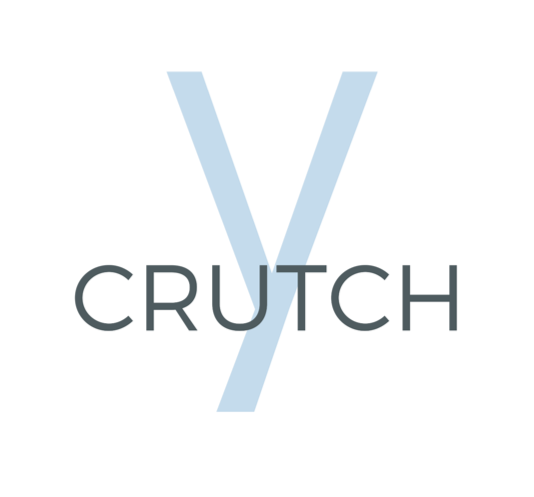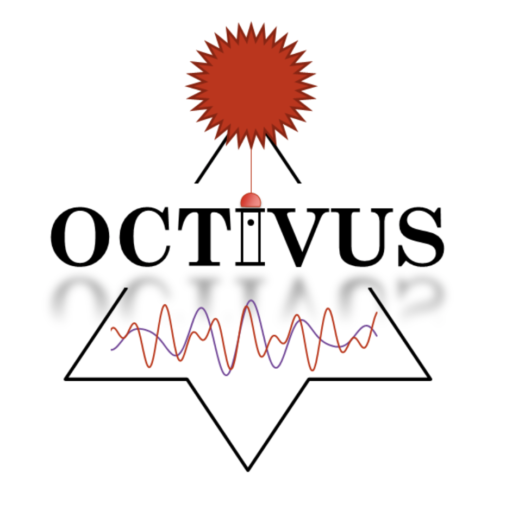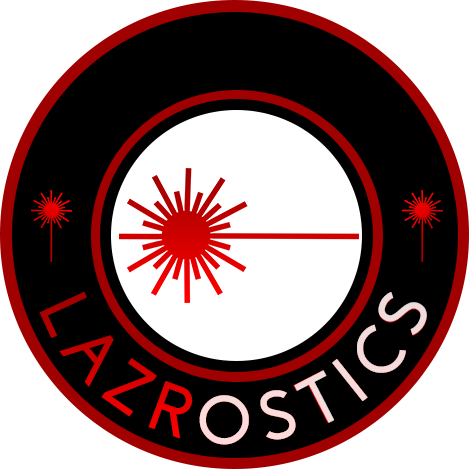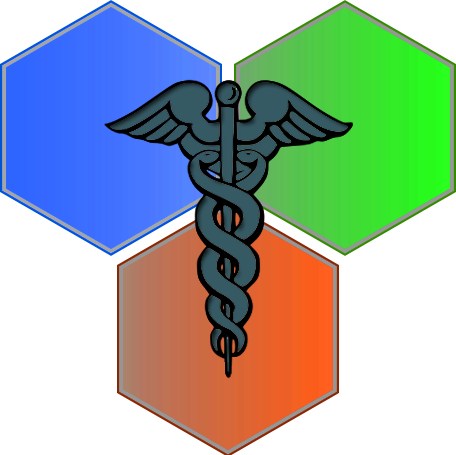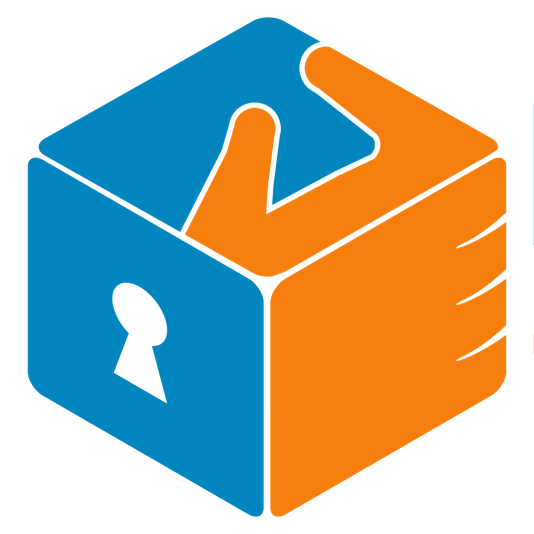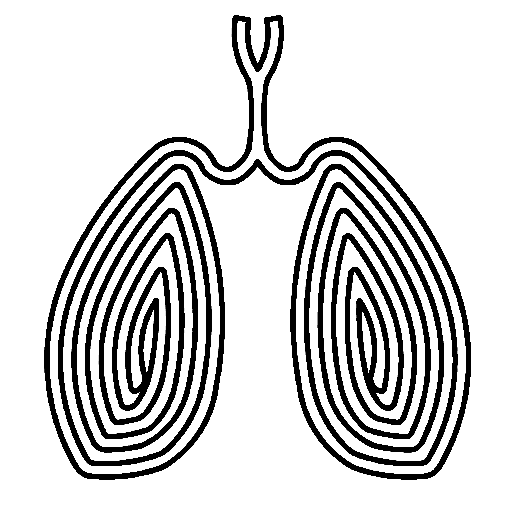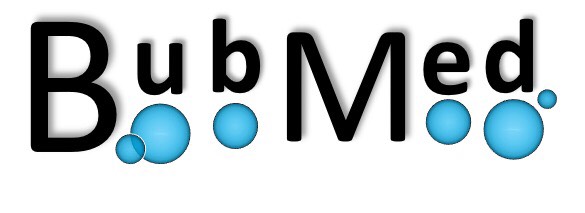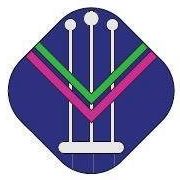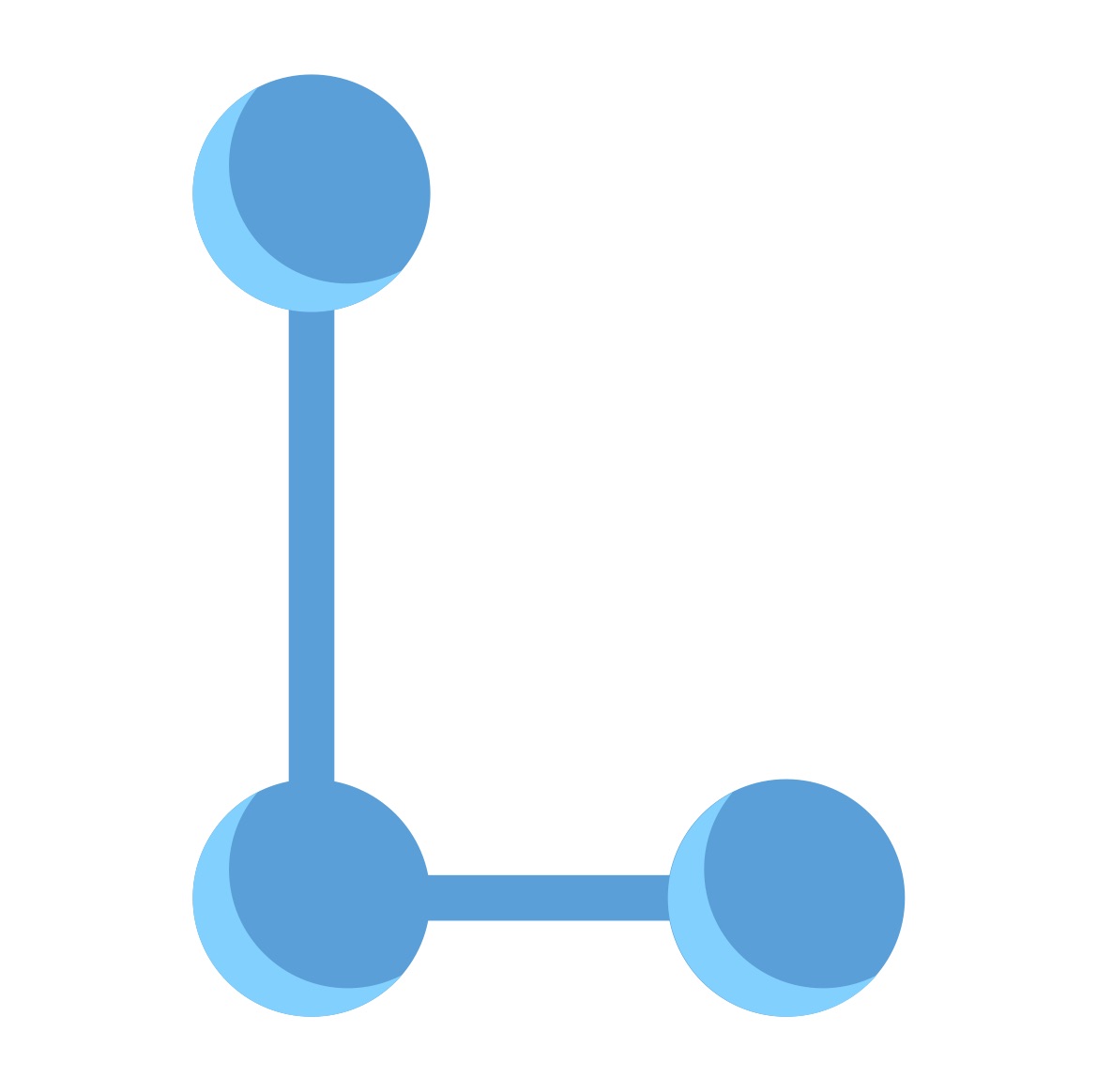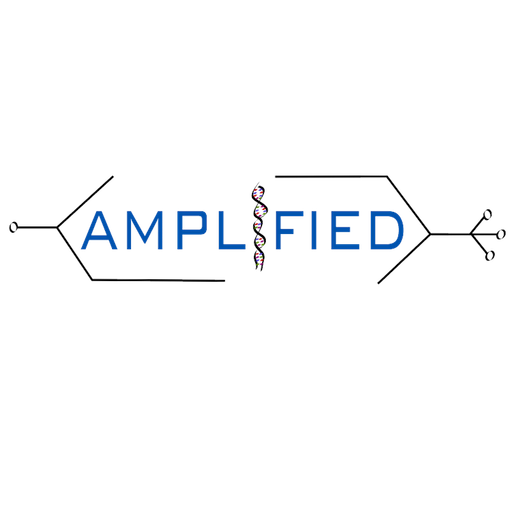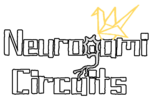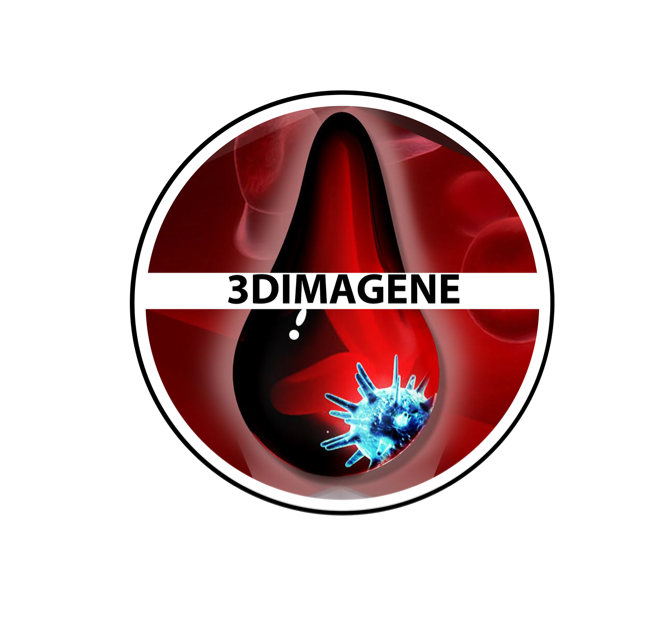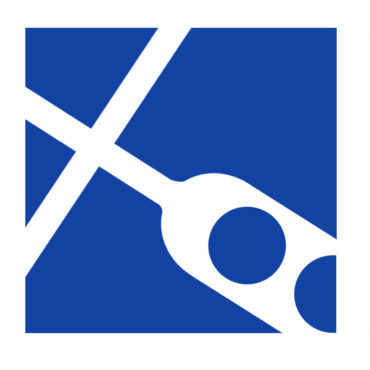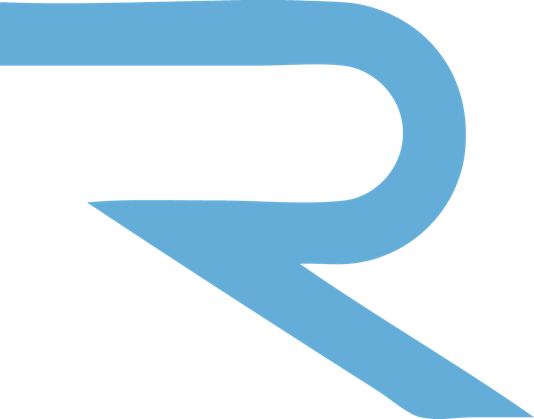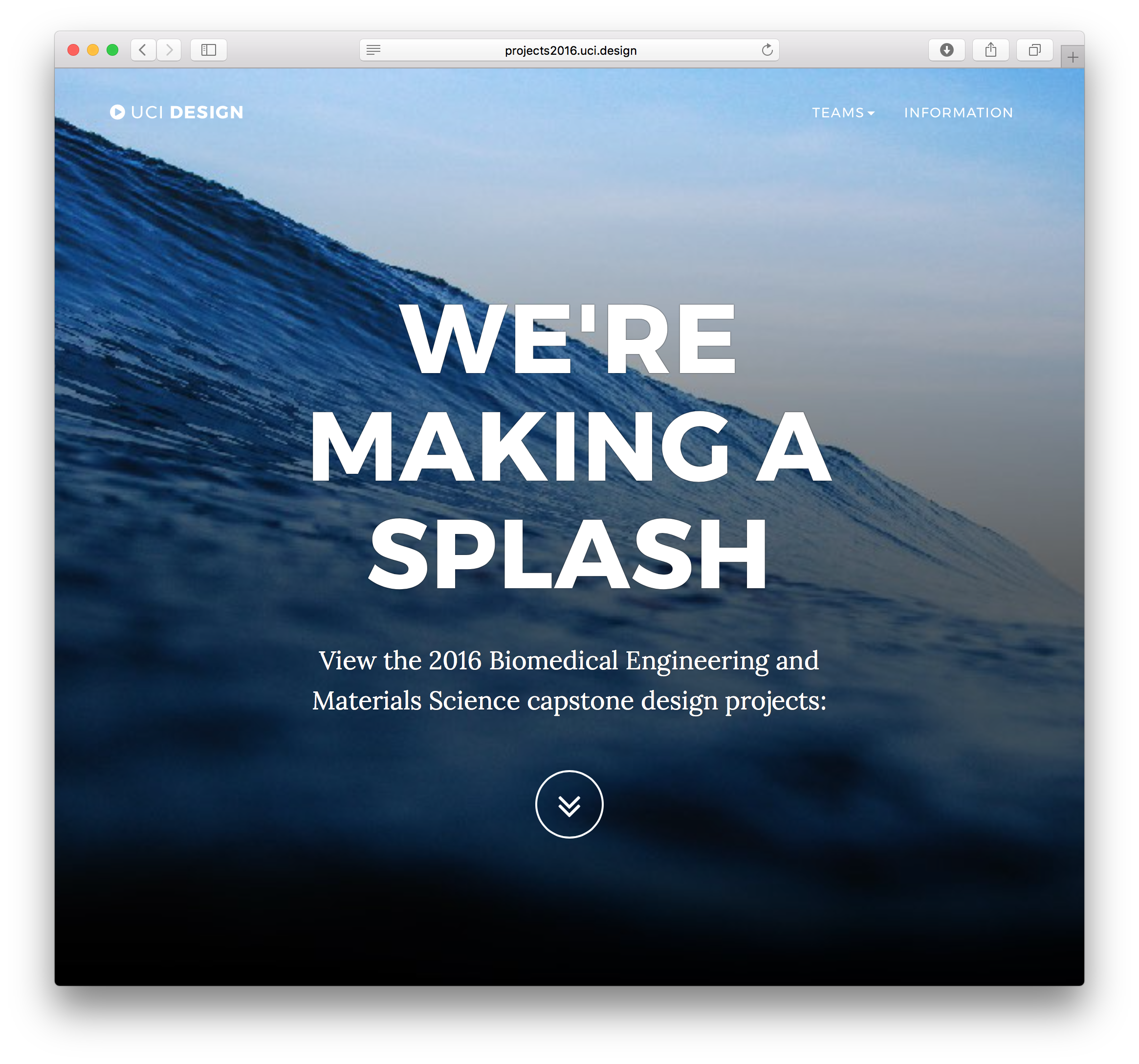About the instructors

Dr. William Tang
Dr. William Tang is a Professor at UC Irvine. Dr. Tang is also the Associate Dean for Research at UCI. He research consists of ultra-low-power, high-Q and high-frequency resonators for wireless communications and signal processing, biological fuel cells, and single-cell physiology and engineering. His work experience includes tenure at the Ford Research Laboratory, Ford Microelectronics, Inc. and the Jet Propulsion Laboratory. He was a DARPA MEMS Program Manager. He is a Member of Technology Advisory Board at Discera, Inc. Dr. Tang served as a Member of the Technical Advisory Board at Virtus Advanced Sensors, Inc. His contributions also encompass the use of microelectromechanical systems (MEMS) in the automotive industry, including crash sensors for air-bag deployment systems. He holds two patents for automotive accelerometers and has authored more than 40 papers in the MEMS field. Dr. Tang holds a BS, MS and PhD degrees in EECS from the University of California-Berkeley.

Dr. Michelle Khine
Dr. Michelle Khine is a Professor of Biomedical Engineering, Chemical Engineering and Materials Science at UC Irvine. She is also the Director of Faculty Innovation at the Henry Samueli School of Engineering. Dr. Khine received her BS and MS from UC Berkeley in Mechanical Engineering and her PhD in Bioengineering from UC Berkeley and UCSF. She was the Scientific Founder of 4 companies: Fluxion Biosciences, Shrink Nanotechnologies, Novoheart, and TinyKicks. Dr. Khine was the recipient of the TR35 Award and named one of Forbes ’10 Revolutionaries’ in 2009 and by Fast Company Magazine as one of the '100 Most Creative People in Business' in 2011. She was awarded the NIH New Innovator's Award, was named a finalist in the World Technology Awards for Materials, and was named by Marie‐Claire magazine as 'Women on Top: Top Scientist'. Dr. Khine also started a novel co-op with her students, “A Hundred Tiny Hands,” and is currently leading the Bioengineering Innovation & Entrepreneurship program, BioENGINE, at UC Irvine.
About the curriculum
Our affiliates
BioENGINE
For more information about the BioENGINE initiative, click here
